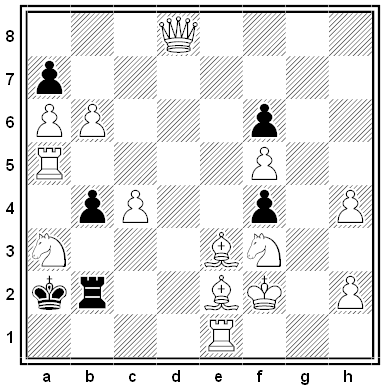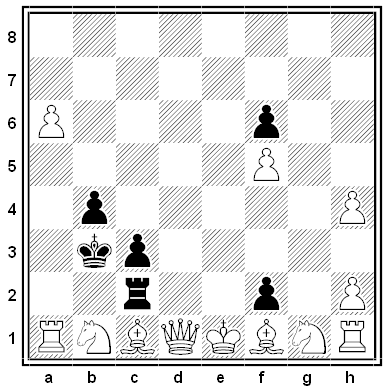Winston Churchill said that playing golf was “like chasing a quinine pill around a cow pasture.”
For twenty years I’ve stared my level best
To see if evening — any evening — would suggest
A patient etherised upon a table;
In vain. I simply wasn’t able.
— C.S. Lewis
In 1910, unable to get his one-act play “The First Poet” published, George Sterling prevailed on his friend Jack London to publish it under his own name. London resisted, pointing out that Sterling had already shown the play to Herbert Heron and Mike Williams, who would recognize it. He wrote:
“Your showing ‘The First Poet’ to Heron and Williams, and then coming on and asking me to father it, is equivalent to exposing your penis to a couple of 90¢ alarm clocks, and then trying to rape a quail. I’m the quail. And if I let you rape me, both alarm clocks would immediately go off and tell the news to the world.”
Eventually he relented, and “The First Poet” appeared in the Century Magazine in June 1911 under London’s name. The fact of Sterling’s authorship came to light only later.





